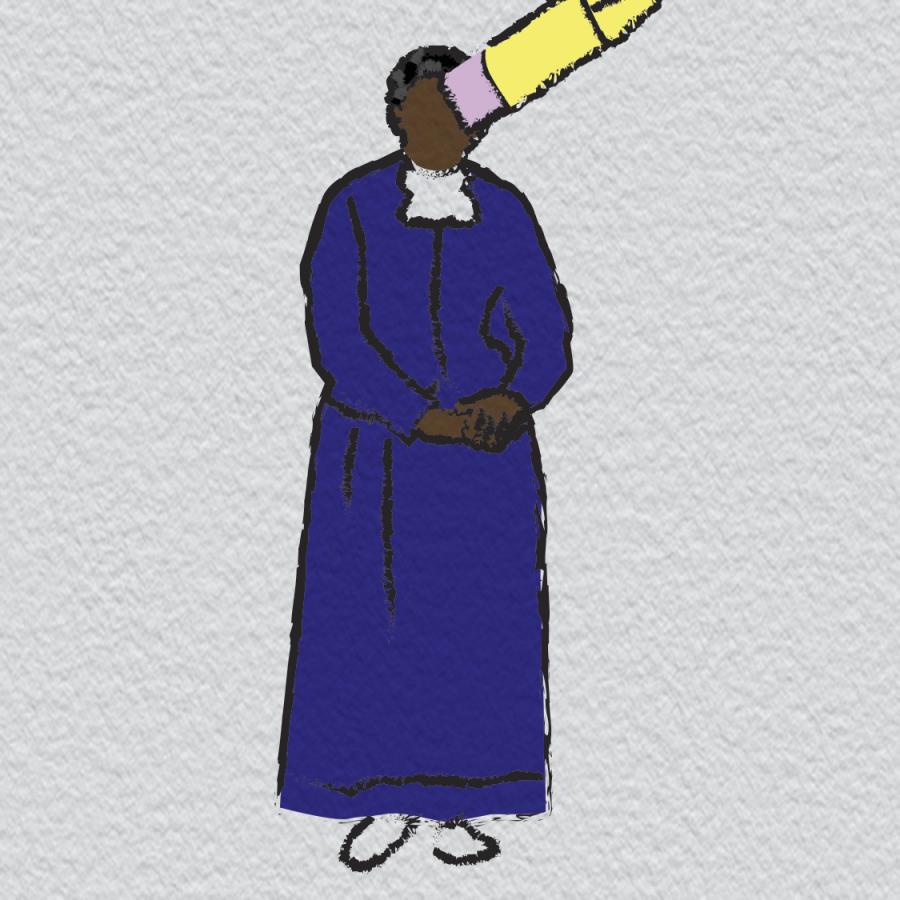Opinion | Your history book is lying to you
Mar 9, 2020
From Black History Month, which was just a couple of weeks ago, to National Hispanic Heritage Month in the fall, there seem to be many reminders for people of color that our history is contained, only acknowledged during a specific time of the year, as if we do not exist all year around.
When we talk about America’s history, we often glorify, romanticize and whitewash it — erasing the existence of populations of color from history books.
Since the beginning of the country, or at least the beginning of the national public education system, the whitewashing of our history has taken place from classroom to classroom across the nation. Through the erasure of people of color from lessons and textbooks, our perception of our history has become very one-sided.
Built on the backs of black and brown bodies, the history of America is filled with the continuous displacement, enslavement and colonization of people of color. And while we know these things about our past, for many, it is still easy to forget about it and glorify those who committed these atrocities.
Too often, the unvarnished truth about the history of our country is considered a footnote, a caveat, rather than an irreplaceable part of the whole story.
Get The Daily Illini in your inbox!
When taught about the origin of our nation in history class, a picture is painted of a band of brothers who beat the odds in the name of democracy, justice and equality. No one wants to be proud of a country that has a dark history of the opposite of those values, so instead we paint over the truth and create a glorified (but false) image of it.
While I understand the inclination to forget about our horrific past, this tendency to romanticize and whitewash history fuels a brand of exceptionalism that can (and does) easily shift into chauvinism.
The founders of our nation were racists and misogynists, yet we still romanticize and immortalize people like Geroge Washington and Thomas Jefferson. While there is nothing inherently wrong with enjoying the study of a historical figure, by considering these people infallible we are ignoring their obvious flaws and atrocities they committed for which they should be held accountable.
For example, our textbooks do a great job of erasing the fact that many of our founding fathers, like Washington, were slave owners, and instead describe them in a way that praises their achievements without taking into account every aspect of who they were. Yes, Washington was our first president and a talented military general, but his accomplishments shouldn’t erase his shortcomings.
Through the glorification of these white historical figures, we are actively erasing the history of black and brown people. The textbooks we’ve had through primary and secondary school are extremely Eurocentric. We ignore the stories of people like Dr. Percy Julian who “figured out how to synthesize important medicinal compounds from abundant plant sources, making them more affordable to mass-produce,” and instead focus on portraying terrible people in a good light.
Today, it has never been easier to hold people accountable for their mistakes. We see it all the time online with “cancel” culture. And while I don’t necessarily condone the toxicity of this form of public shaming that aims to hold people accountable for their actions, there is something to be learned from it. If it’s so easy to call out celebrities for their flaws, it should be just as easy to do so with historical figures.
As a country, we have collectively decided to accept the erasure of both white historical figures’ true atrocities, and the entire history of populations of color. But admitting the history of our nation is one filled with atrocities is what we owe to the people of the past. So instead of romanticizing people from our history textbooks, we have to understand that our historical figures had flaws that we shouldn’t brush past, and that the legacy of populations of color in the U.S. contributed more to the history of the country than they are given credit for.
Abril is a freshman in Media.






